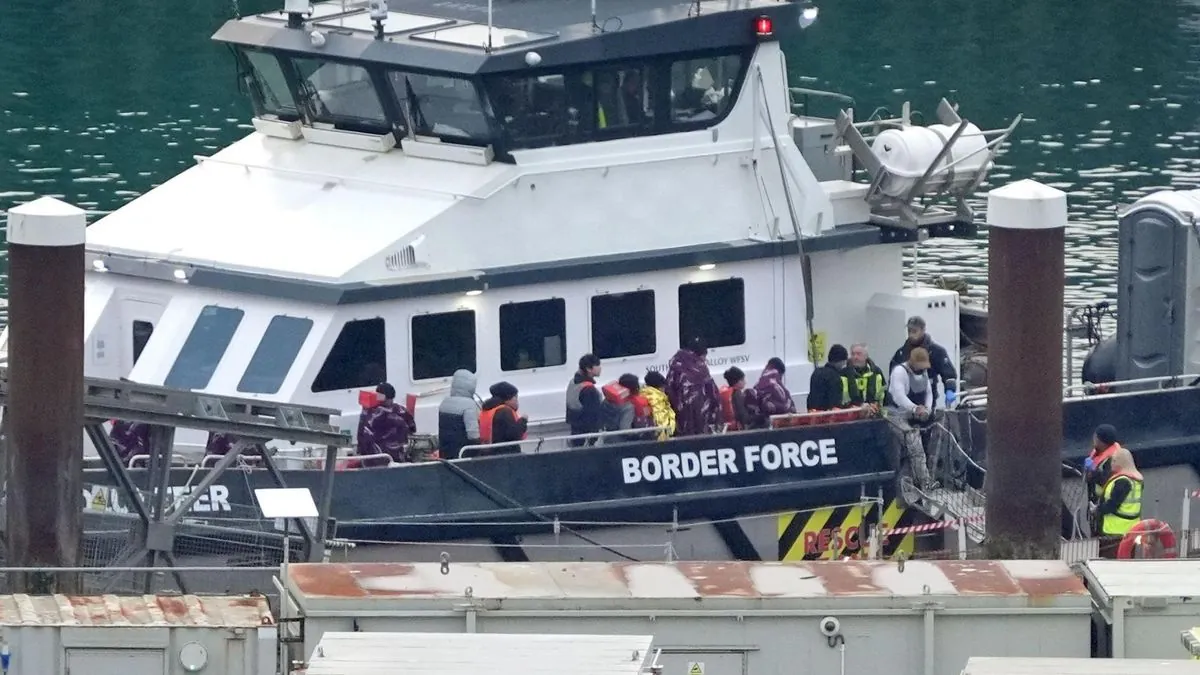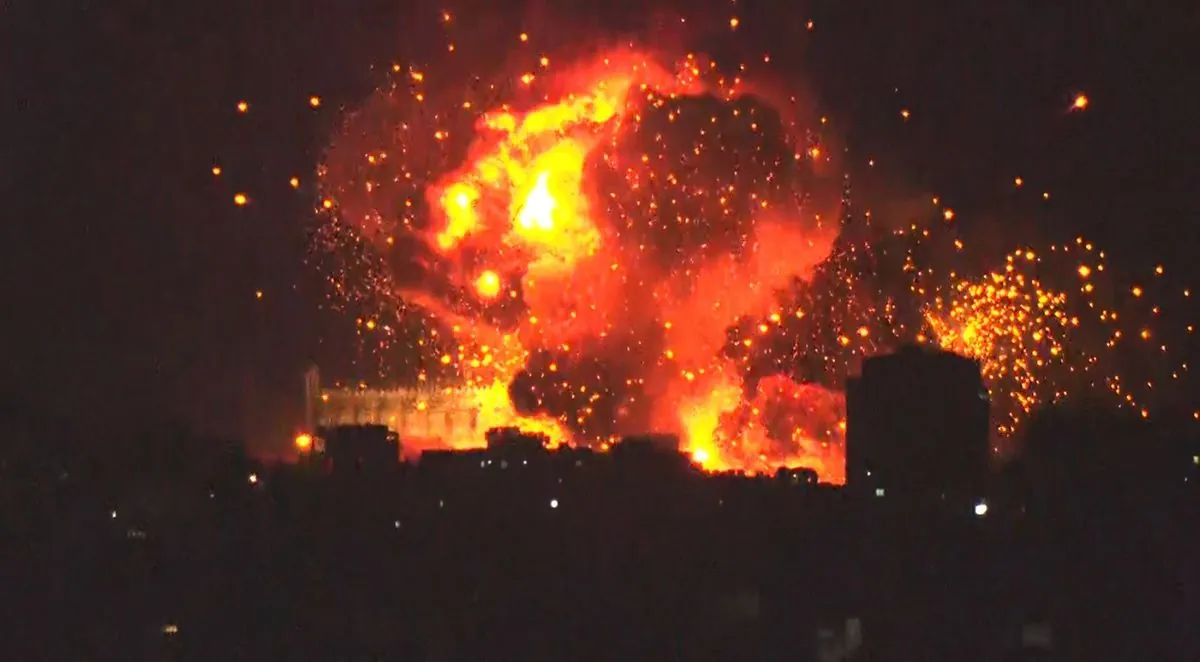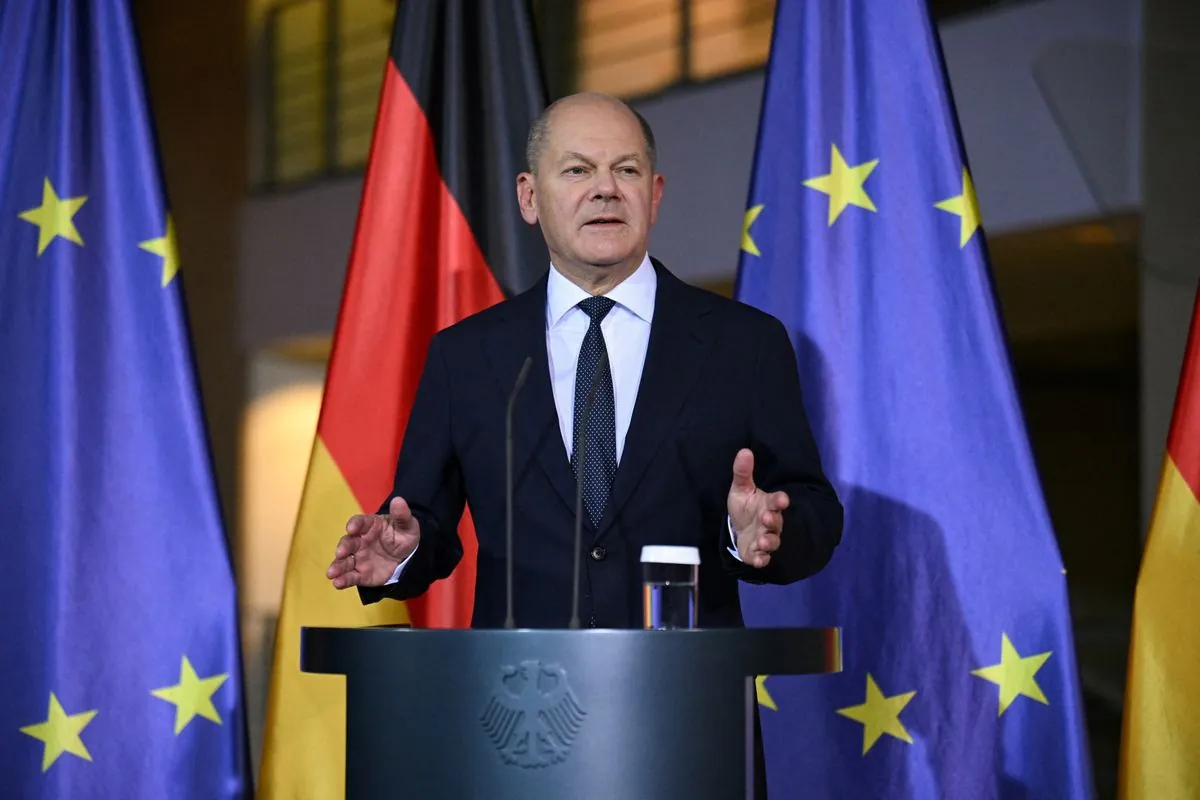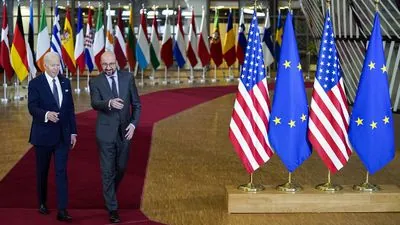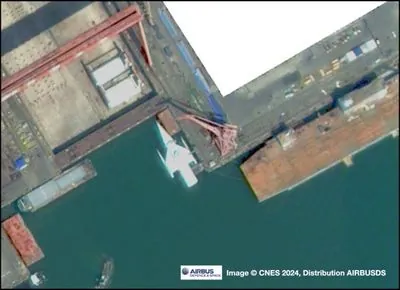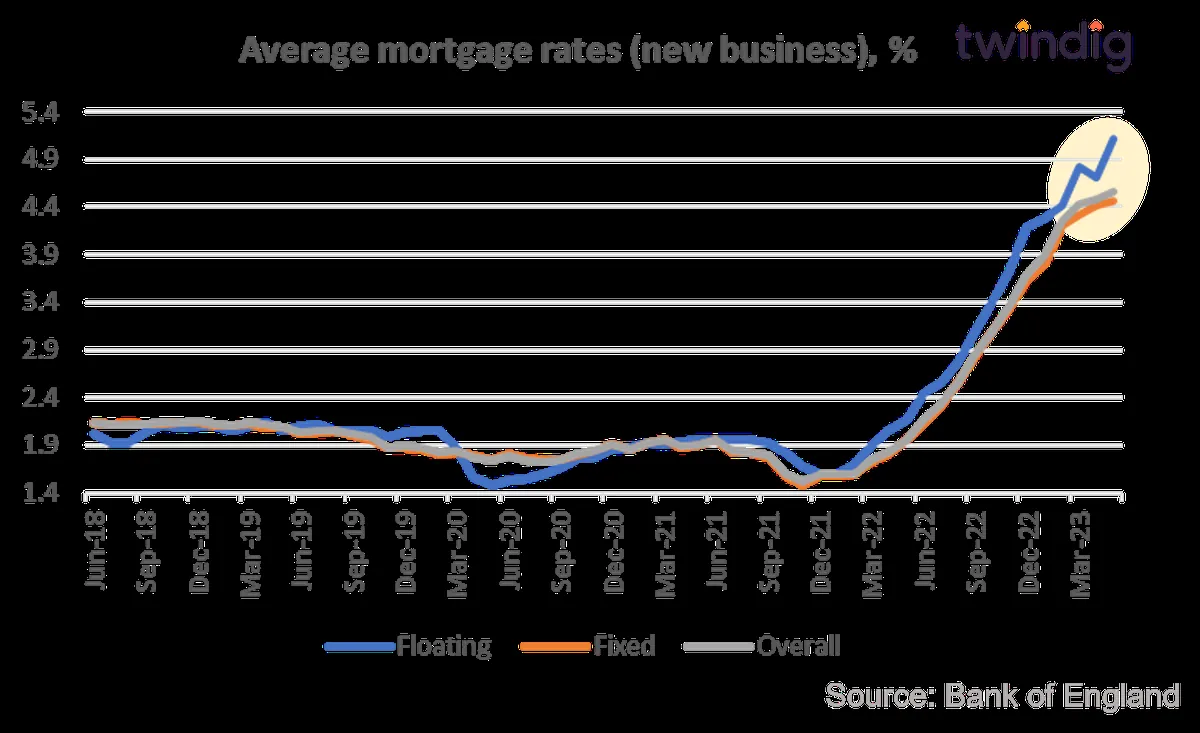Jakarta
Jakarta, officially the Special Capital Region of Jakarta and formerly known as Batavia until 1949, is the outgoing capital of Indonesia until August 17, 2024 and the country's largest city. Lying on the northwest coast of Java, the world's most populous island, Jakarta is the largest metropole in Southeast Asia, and serves as the diplomatic capital of ASEAN. The Special Capital Region has a status equivalent to that of a province and is bordered by two other provinces: West Java to the south and east; and Banten to the west. Its coastline faces the Java Sea to the north, and it shares a maritime border with Lampung to the west. Jakarta's metropolitan area is ASEAN's second largest economy after Singapore.
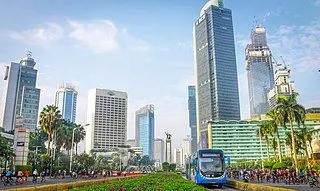
Some of the key events about Jakarta
- 1527The city was founded as Jayakarta, marking the beginning of its recorded history
- 1619The Dutch East India Company established Batavia as the capital of the Dutch East Indies
- 1740A massacre of ethnic Chinese residents occurred, resulting in thousands of deaths
- 1800The Dutch East India Company went bankrupt, leading to direct Dutch colonial rule over Jakarta
- 1942Japanese forces occupied Jakarta during World War II
- 1945Jakarta was proclaimed as the capital city of the newly independent Republic of Indonesia
- 1949Jakarta experienced severe food shortages and economic hardship following Indonesia's independence struggle
- 1962The city successfully hosted the 4th Asian Games, showcasing its ability to organize international events
- 1965A failed coup attempt led to widespread violence and killings in Jakarta
- 1966The National Monument (Monas) was completed, becoming an iconic symbol of Jakarta and Indonesia's struggle for independence
- 1974The "Malari Incident" saw violent student protests against Japanese economic influence
- 1978Soekarno-Hatta International Airport opened, significantly improving Jakarta's global connectivity
- 1990The Jakarta Stock Exchange was established, boosting the city's role as Indonesia's financial center
- 1997The Asian financial crisis severely impacted Jakarta's economy
- 1998Widespread riots and looting occurred during the fall of President Suharto's regime
- 2002Major flooding submerged about 20% of the city, causing significant damage
- 2004Jakarta held its first direct gubernatorial election, enhancing local democracy
- 2004A terrorist bombing at the Australian Embassy killed 9 people and injured over 150
- 2011The city's first Mass Rapid Transit (MRT) system began construction, aiming to alleviate traffic congestion
- 2018Jakarta successfully hosted the 18th Asian Games, further cementing its status as a major international event destination
Disclaimer: This material is written based on information taken from open sources, including Wikipedia, news media, podcasts, and other public sources.
